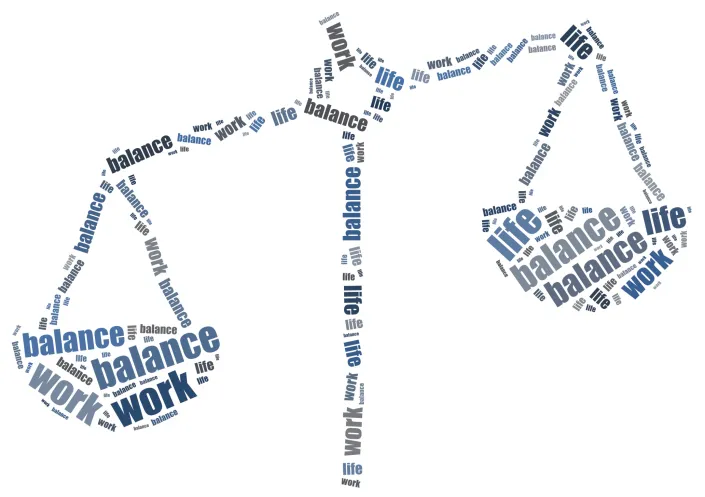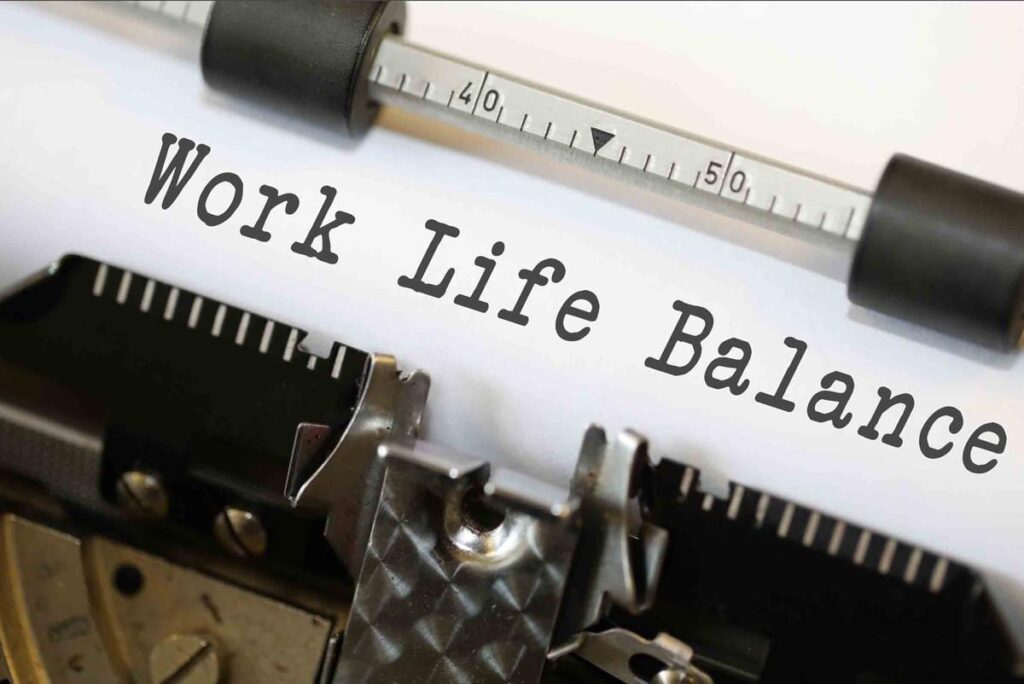All of us are quite familiar with the age-old adage that says, ‘All work and no play, makes Jack a dull boy.” Work-life balance is crucial for the physical and mental well-being of an individual. It is the practice of giving importance to both professional and personal tasks. Nowadays, most people wish to have a work-life balance so that they can have the best of both worlds, i.e. their personal and professional spheres.Previously, it was very difficult for individuals to finish their tasks at the workplace as well as home. It helped those employees to maintain the balance between their personal and professional lives with ease and convenience. Now, people can work remotely, so employees find it more challenging to achieve a work-life balance.
The Need For Work-Life Balance: Why Is It Important?
There has been a rising need and demand for work-life balance by the employees. Yes, the need for a work-life balance is valid, and employers should do their best to help employees achieve such balance.
Employers should help their employees become more productive and valuable for the company. However, if employers do their best to ensure a balance in their employees’ lives, they expect something back. There’s a flip side to it too.
The employees must be considerate about the company they work for. Every company wants to avoid the situation where the employees get too reluctant and less productive in their efforts to achieve a work-life balance. It should work both ways in which the employer should do their best to ensure a work-life balance for the employees. And, the employees should not become restless and lose productivity after such an outcome.
So, by far, you must have understood work-life balance and how employees and employers are interdependent to accomplish it. Now, let’s explore the importance of work-life balance and its flip side in detail.
Work-Life Balance: The Trivia
People tend to be happier when they achieve an equilibrium of personal life and career with adequate time to spend on each. They can look after their mental health and well-being. With a work-life balance, both employers and employees establish a strong relationship, boosting their overall performance and productivity. Apart from accomplishing more tasks, they will make minimal errors, too.
Misusing Opportunities And Flexibility
However, some employees misuse the benefits of work-life balance and focus on their personal lives only. This not only affects their career but makes them less valuable to the employer.
Similarly, many employers neglect to help employees to achieve such work-life equilibrium. If both work together, work-life balance will be more beneficial than ever.
The Adverse Effects
Work-life balance is vital for both employers and employees as it helps companies enjoy higher productivity while employees enjoy a stable and happy life.
- Taking care of mental health: By assisting employees in finding a balance in their work-life, employers will significantly contribute to aid their mental health issues and absences.
- Increases engagement: It also helps them to increase their engagement levels. It enables the companies to enjoy higher productivity levels during business hours, and an engaged workforce will be more loyal to the organization than ever.
- Improves employee retention rate: The inability to achieve work-life equilibrium increases employees’ chances of workplace burnouts. Thus, encouraging employees to finish or leave work at the workplace becomes vital to avoid such a situation.
As an employer, helping employees achieve such balance will improve your company’s retention rate, increase its productivity level, and finally, revenue.

Healthy Work-Life Balance: Managing Both Sides of the Coin?
In the current global economic situation, it’s ideal for employers to increase employee retention. It’s hard to get talented employees and retain them nowadays. Also, the overall employee turnover cost often tends to be more than the salary of the employee being replaced. If employers want to keep employees to help the company run smoothly and progressively, they have to establish an image of encouraging work-life balance.
Similarly, employees should be considerate towards their employers when demanding a work-life balance. They should work collaboratively with the employer to show that their productivity level won’t be affected by such balance.
They should be productive, goal-oriented, and reliable rather than focusing on personal life only. A work-life balance means an equal amount of time, effort, and support for personal and professional life.
Final Words
In simple words, employers and employees depend on each other to achieve a healthy equilibrium in both the personal as well as professional spheres. Employers can do their best to help employees achieve such an equilibrium, while employees must respect their efforts and give equal importance to personal life and career.
One can achieve a healthy work-life balance by accomplishing all professional goals while meeting the needs and demands of the family without burnouts.


















